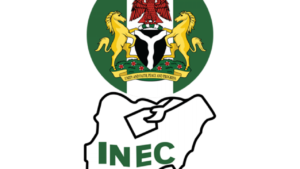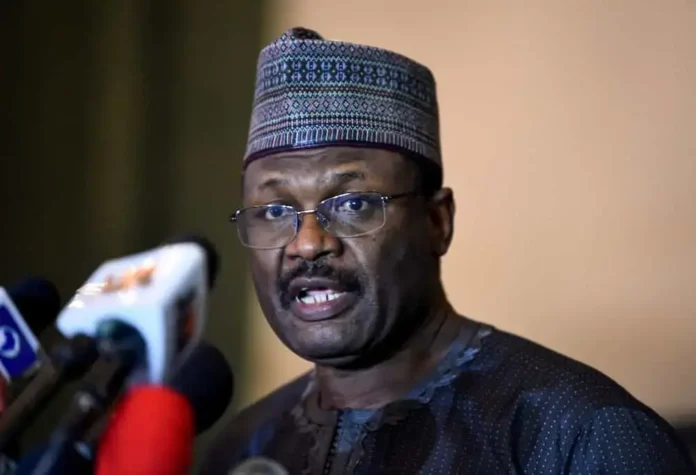Prof. Mahmood Yakubu, Chairman of the Independent National Electoral Commission (INEC), unveiled that the commission has developed 142 recommendations to enhance future electoral processes.
He made this announcement during the opening of a two-day Induction Retreat for resident electoral commissioners (RECs) on Monday in Lagos.
Yakubu highlighted that INEC has published a report reviewing the 2023 elections, now available on its website. Additionally, the commission is publishing outcomes from various retreats and engagements with stakeholders.
“I can tell you that the commission has made 142 recommendations on improving the electoral process in Nigeria,” Yakubu said. “As soon as the report is ready, we will go public and engage with Nigerians on these reforms.”
Yakubu explained that the reforms are categorized into those that can be implemented by INEC through administrative action, those requiring security agency involvement, amendments to the electoral legal framework by the National Assembly, and actions to be taken by political parties and other stakeholders.
“Nigerians should be patient. As soon as we conclude the process, we will share this report with Nigerians,” Yakubu added.
He also noted that INEC conducts elections year-round and has already conducted nine by-elections since the inauguration of the National and State Assembly in 2023. INEC plans to conduct five more by-elections before the 2027 general elections, with the FCT Area council elections due in 2026.
Regarding Edo State, Yakubu mentioned that a recent flood disaster affected over 4,000 Bimodal Voters Accreditation System (BVAS) machines. However, INEC has recovered about 3,500 of these machines and will seek additional support from neighboring states to ensure adequate equipment for elections.
The retreat serves as an induction for new appointees and an opportunity to review performance, reappraise processes, discuss innovations, and engage with service providers. It also allows for interfacing with lawmakers on critical reforms and exploring new frontiers to improve organizational capacity for better service delivery.
Yakubu emphasized the importance of the retreat for the new RECs, urging them to familiarize themselves with INEC’s processes and procedures. He called on existing RECs to leverage their field experience to address recurring challenges, improve voter education, and combat fake news, misinformation, and disinformation.
“The cardinal objective of this retreat is to improve service delivery,” Yakubu stated. “I urge you to listen attentively to the presentations and contribute to discussions in a solution-oriented manner.”
Yakubu also expressed appreciation to the Development Associates Inc. (DAI) and the International Foundation for Electoral Systems (IFES) for supporting the retreat and other activities of the commission. He reassured that INEC remains committed to transparent and inclusive electoral processes in Nigeria.

Prof. Ayobami Salami, the INEC REC for Lagos State, described the retreat as important and timely, emphasizing its role in enhancing electoral management and inspiring new ideas. Mr. Seray Jah, Country Director of IFES, applauded INEC for appointing experienced ex-staff as RECs, a step he believes will facilitate election administration.
Jah reaffirmed IFES’s commitment to supporting INEC, noting the challenges of conducting elections in Nigeria. “We assert our continuous support in advancing the aspirations of this commission,” Jah said.




